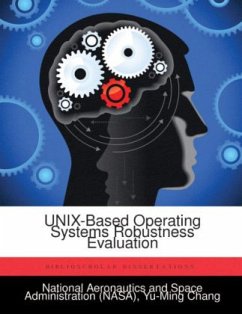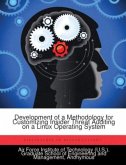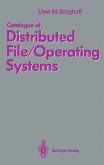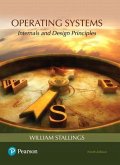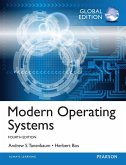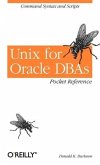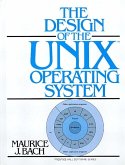Robust operating systems are required for reliable computing. Techniques for robustness evaluation of operating systems not only enhance the understanding of the reliability of computer systems, but also provide valuable feed- back to system designers. This thesis presents results from robustness evaluation experiments on five UNIX-based operating systems, which include Digital Equipment's OSF/l, Hewlett Packard's HP-UX, Sun Microsystems; Solaris and SunOS, and Silicon Graphics; IRIX. Three sets of experiments were performed. The methodology for evaluation tested (1) the exception handling mechanism, (2) system resource management, and (3) system capacity under high workload stress. An exception generator was used to evaluate the exception handling mechanism of the operating systems. Results included exit status of the exception generator and the system state. Resource management techniques used by individual operating systems were tested using programs designed to usurp system resources such as physical memory and process slots. Finally, the workload stress testing evaluated the effect of the workload on system performance by running a synthetic workload and recording the response time of local and remote user requests. Moderate to severe performance degradations were observed on the systems under stress.
Bitte wählen Sie Ihr Anliegen aus.
Rechnungen
Retourenschein anfordern
Bestellstatus
Storno

